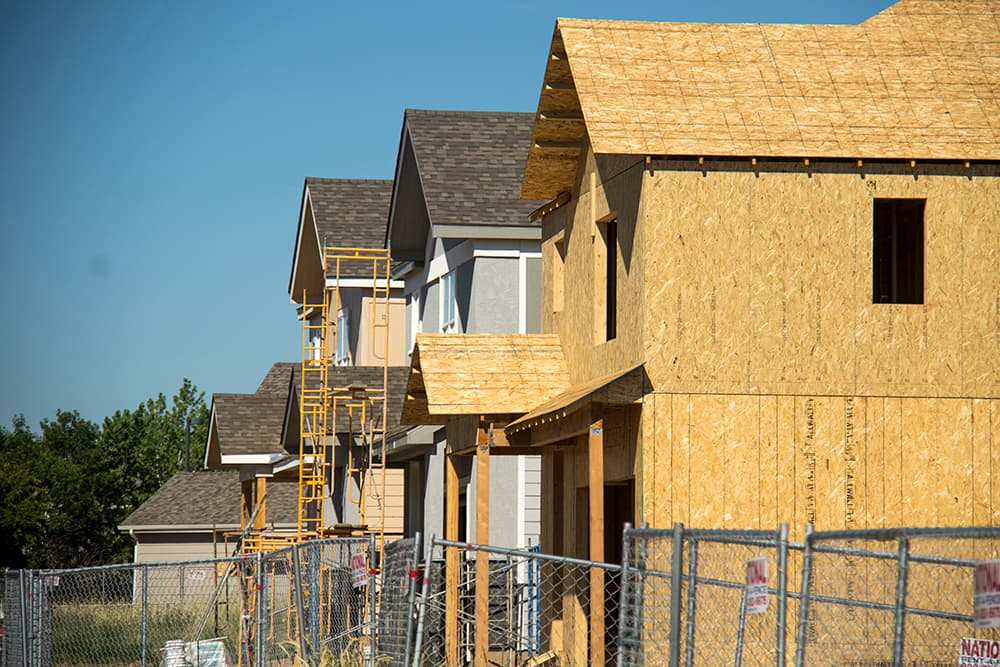
Denver, along with three other major U.S. housing markets, is overvalued, according to a home price study from Corelogic. The company looked at the ten biggest metros by population and determined that Denver, Houston, Miami and D.C. were all overvalued.
That's bad news for affordability, but maybe not as bad as it sounds.
First, Corelogic considers an overvalued market as one where home prices are at least 10 percent higher than the "long-term, sustainable level." That long-term level is determined in part by income levels, so if home prices grow faster than income levels, then a given market can become overvalued.
And that's exactly what's happened in Denver. A strong local economy has brought workers to the city, increasing demand, and new housing supply has been constrained, says Frank Nothaft, chief economist at CoreLogic.
But an overvalued housing market isn't necessarily one that's in a bubble.
"While homes do need to be overvalued to be in a bubble market, a bubble usually has a lot of speculative investors and vacant homes, as one might see if there was extensive flipping behavior," said Nothaft.
When I looked at the issue a year ago, Denver didn't have rampant flipping levels. Nor has is risen in studies since.
There are other signs that you're moving towards a bubble though:
"If home prices have risen a lot relative to home rent, and if there has been an increase in fraud-risk metrics, then it’s more likely that a local market has entered a bubble phase," said Nothaft.
Conveniently enough, Corelogic also publishes a mortgage fraud risk index that ranks cities. In the most current ranking, Denver's not in the top 15. Consider that one point for "not likely that Denver has entered a bubble."
But there is a counterpoint: Denver's home prices have been rising faster than home rents.
The Beracha, Hardin & Johnson Buy vs. Rent (BH&J) Index uses relative home prices and rents to recommend whether or not you should rent or buy your home. Basically, the premise is the faster that home prices rise relative to rents, the more likely that you should be renting and investing your money elsewhere. Denver is pretty firmly in rent territory.
Overall, Denver might be leaning toward a bubble, but it's not there yet. Still, being overvalued is not good, especially for families with moderate incomes.
"It will likely become even more challenging in the coming year, as home prices and mortgage interest rates rise further," Nothaft said. "If Denver becomes even more high-cost, some families will choose to move further outside the downtown city or relocate outside the Denver metro."










